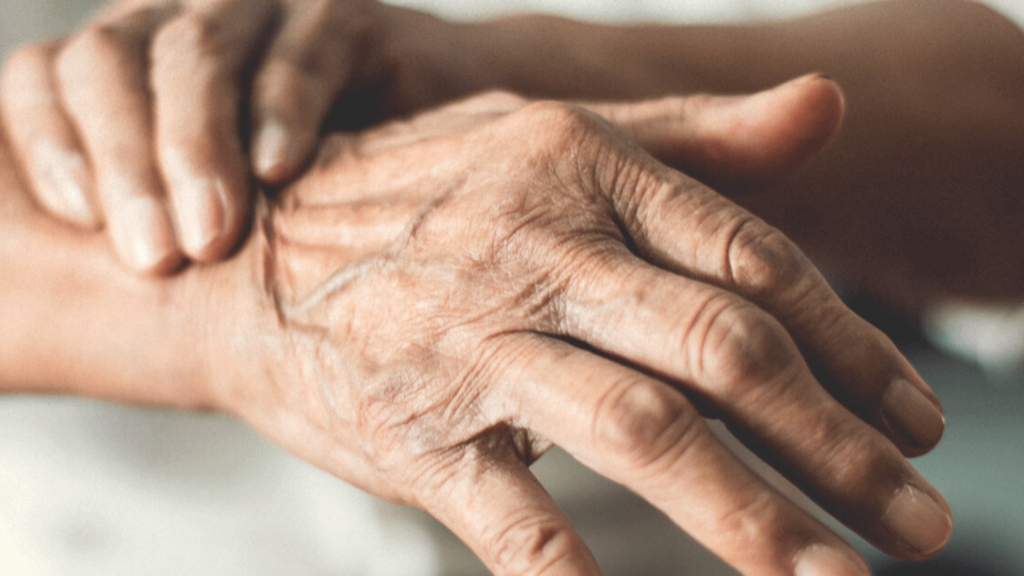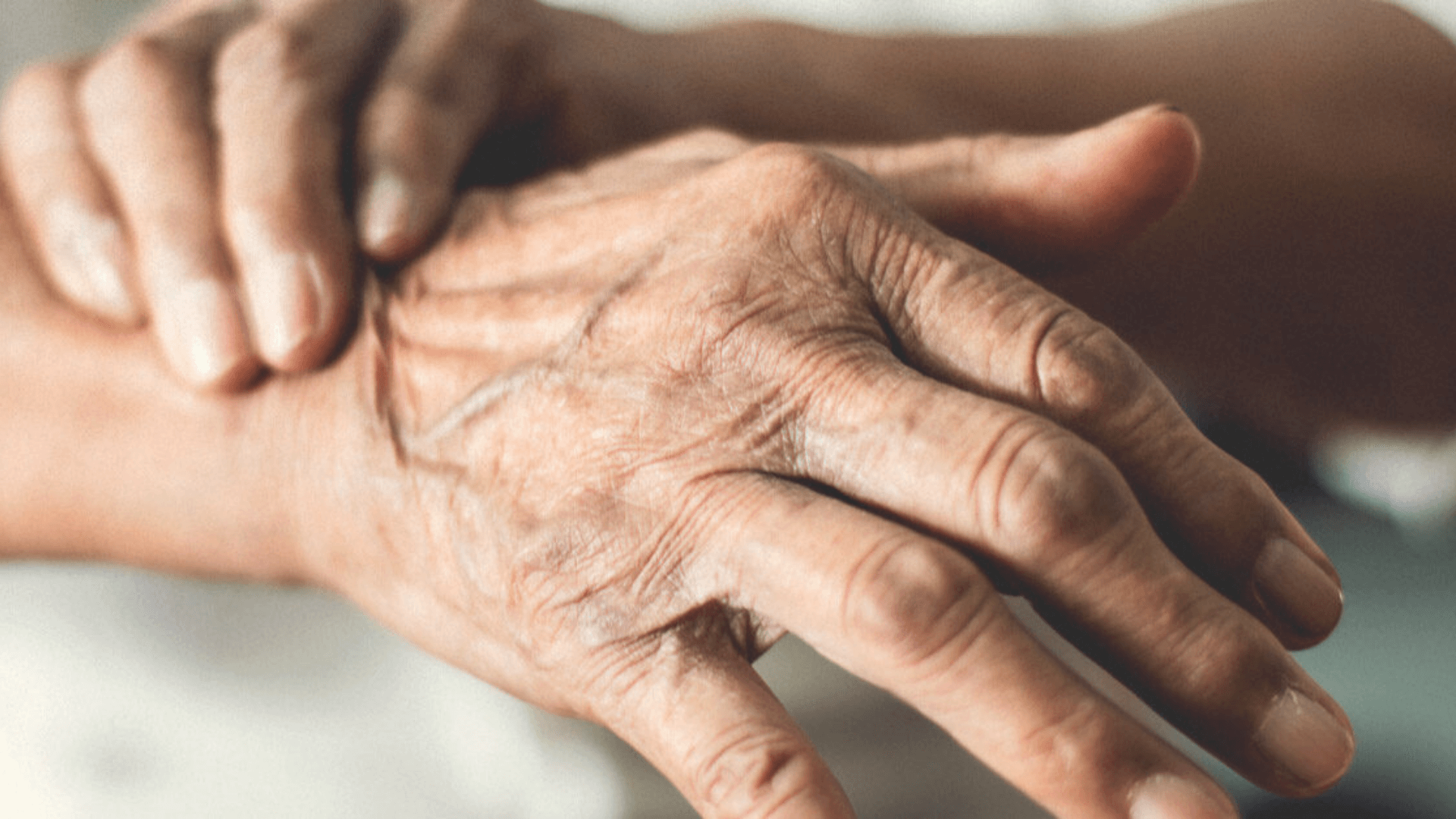Dopamine, a neurotransmitter in the brain that helps control movement is gradually reduced in Parkinson’s disease affecting all movement including manual dexterity, speaking, walking, and balance. A tremor stiffness and bradykinesia are all indications of Parkinson’s disease in the early stages.
Dopaminergic medicines which enhance dopamine levels or imitate dopamine effects are one treatment option for resolving these early symptoms. The 2002 AAN guideline on the commencement of treatment for Parkinson’s disease included guidelines on dopaminergic medicines which were updated in this guideline.
New Guidelines For Treating Early Parkinson’s
The American Academy of Neurology (AAN) has published a guideline with treatment recommendations for persons with early Parkinson’s disease who are experiencing movement symptoms also known as motor symptoms. The Parkinson’s Foundation has endorsed the recommendation which will be published in the online issue of Neurology on November 15, 2021.

“We carefully reviewed the available research on the effectiveness and possible risks of medications to treat motor symptoms in people with early Parkinson’s disease and found that levodopa is usually the best first treatment for these symptoms,” said guideline lead author Tamara Pringsheim. “Still there are side effects with levodopa as well as other drugs so a person newly diagnosed with Parkinson’s disease must discuss all options with their neurologist before deciding on the best treatment plan for them.”
This is a good development as it helps the doctors to understand more about the disease and they will be able to offer better treatment based on the individual health condition of patients. All the risks associated with the treatment should be discussed beforehand so that patients have a complete understanding of the treatment process. Such transparency will go a long way in improving the overall standard of health care across the world.
The guideline suggests that neurologists counsel patients with early Parkinson’s disease about the benefits and risks of initiating treatment with one of three treatment options: levodopa. A medicine that is converted in the brain to dopamine; dopamine agonists which imitate the effects of dopamine; and monoamine oxidase B (MAO-B) inhibitors which block an enzyme called MAO-B from breaking down dopamine.
While dopamine agonists are less likely to produce dyskinesia they are more likely to cause impulse-control disorders including excessive gambling eating shopping or sexual activity as well as hallucinations according to the guideline. Due to the increased risk of excessive daytime sleepiness, those whose occupations require them to drive or operate heavy machinery may be more vulnerable to the negative effects of these drugs. It is important to highlight such risks involved in treating the patients.
During the first five years of treatment, the guideline discovered that levodopa is more likely than dopamine agonists to develop dyskinesia (involuntary uncontrolled writhing motions of the face arms legs, or trunk). However, throughout this period severe or disabling dyskinesia was also uncommon.
The recommendation advises neurologists to use the lowest effective dose of levodopa possible to maximize benefit and reduce the risk of dyskinesia. People on dopamine agonists and MAO-B inhibitors are more likely than those receiving levodopa to discontinue treatment due to side effects according to the guideline. MAO-B inhibitors were found to be associated with an increased risk of requiring further treatment within two to three years.
“Choosing to start a medication is a collaborative decision between a person with Parkinson’s disease their neurologist and their caregiver,” said Pringsheim. “The right medication will depend on a person’s symptoms age, and life circumstances. They are encouraged to discuss the potential benefits and adverse effects of medication options with their neurologist and care team.” Putting all in the dilemma of what exactly is right for health and what is not.
